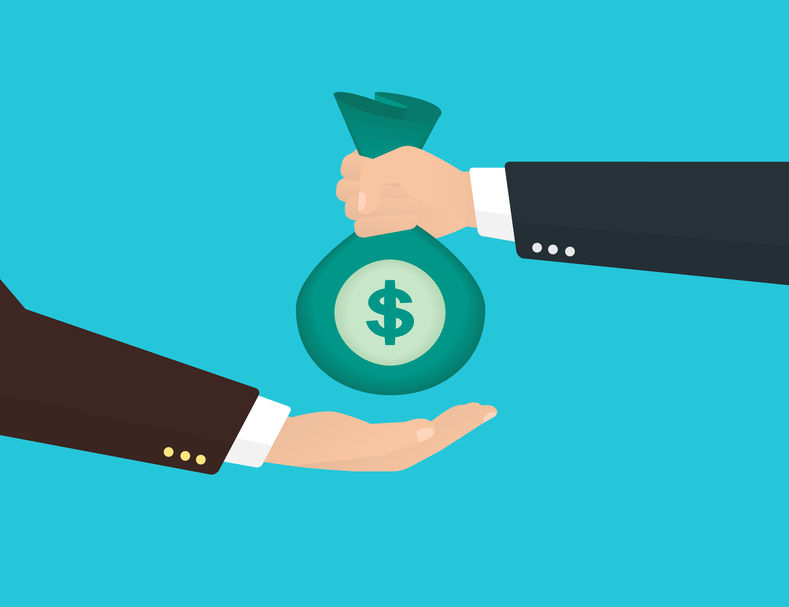A like-kind exchange (also referred to as a 1031 exchange or Starker exchange) can help lower your current tax bill by deferring the tax due on the sale of your property.
What Qualifies as a Like-kind Exchange?
Any real property that is held for productive use in a trade or business or for investment can be a like-kind property. Property that would not qualify for a like-kind exchange generally includes stocks, bonds, notes, securities, interests in partnerships, and property held “primarily for sale.”
How Does a Like-kind Exchange Work?
In its most common form, you sold an investment property and purchased a replacement property within the requirements of Section 1031 of the Internal Revenue Code. If, however, you have sufficient capital to purchase a property before selling the property you currently own, then you have the option to sell your current property afterwards, this is known as a reverse like-kind exchange (or reverse-1031 exchange or reverse Starker exchange).
Any gain that would have been recognized on the sale of your property is deferred in the basis of your newly acquired property. This strategy becomes more valuable as the gain built into your current property increases. The built-in gain of a property generally increases as it appreciates in value over the purchase price and the longer you have taken tax deductions for depreciation expense.
Another aspect of like-kind exchanges is that multiple properties may be sold or acquired on either side of the exchange. A common scenario is where you currently own multiple smaller properties and you want to sell them in order to acquire one larger property. So long as all requirements are met, and the proceeds from the sales of the smaller properties are reinvested in the larger property, then the tax on the gain from their sale should be deferred and accounted for on the basis of the newly acquired larger property.
Can you Live in a Like-kind Exchange Property?
Yes, it is possible for an investment property to become a primary residence. However, if an investment property acquired through a like-kind exchange becomes a primary residence, it is necessary to hold the property for no less than five years or the sale will become fully taxable.
Timing Requirements
Generally, in a forward like-kind exchange, you have 45 days from the closing of the sale of your property in order to identify the replacement property to which you will apply the proceeds of such sale. Another critical timing consideration is the 180 day rule, which provides that you must close on the purchase of the replacement property within 180 days of the sale of the old property.
Putting it Together
Like-kind exchanges can be a powerful tool to defer and minimize your tax burden when used appropriately. Sometimes property owners are looking to consolidate their property investments, diversify your investments, change the residential to commercial properties or possibly reduce your exposure to the real estate market. The needs of property owners differ tremendously and market conditions can change overnight but the tax benefits can only be taken advantage of if you comply with the provisions of the Internal Revenue Code.


